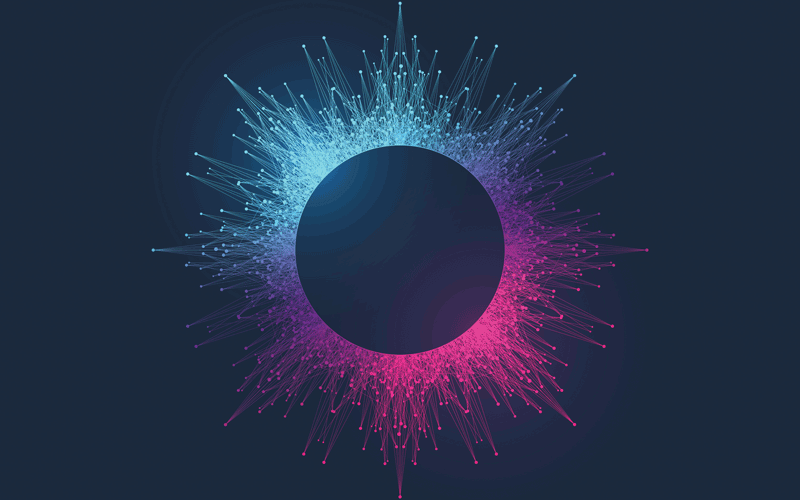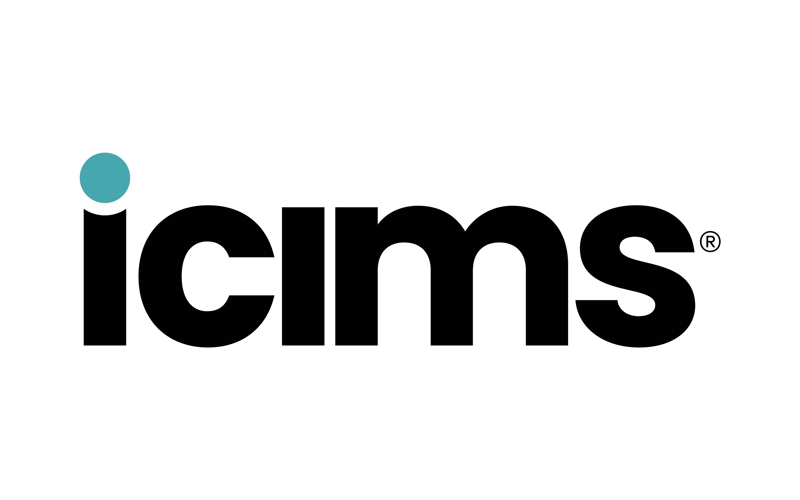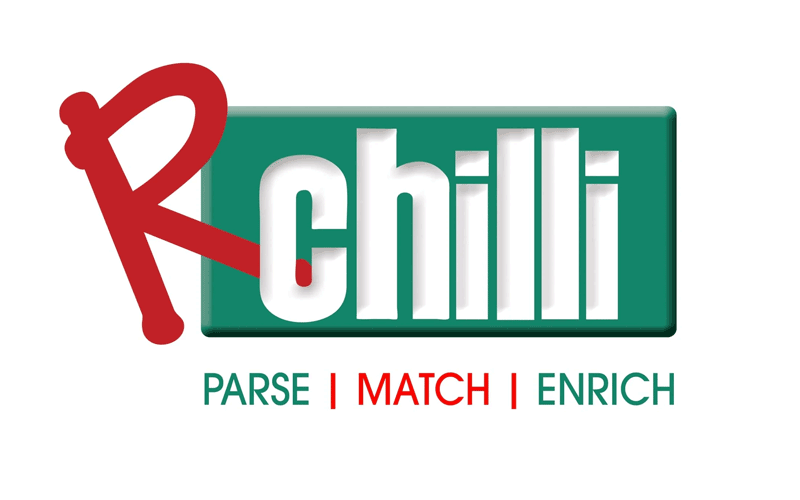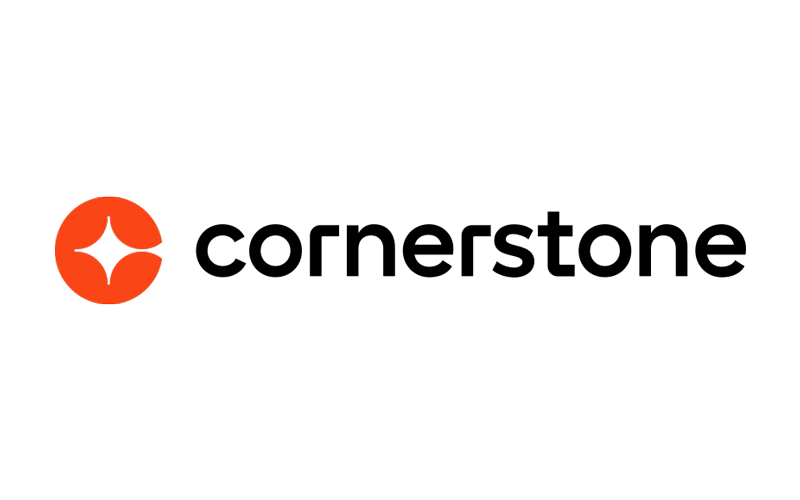Tech & Tools July/August 2024

IN FOCUS: Advances in generative AI
The past 12 months has seen a flurry of developments in the field of artificial intelligence but it’s fair to say that May 2024 has brought a bumper crop of advances in the field of generative AI (where AI is used to generate material) that will change how we work for decades to come.
At a special event on its campus in the US, Microsoft introduced what it described as a “new category” of Windows PCs designed for AI in the shape of the CoPilot+ PCs. CoPilot is Microsoft’s Gen AI companion launched last year, which is available in Windows 11, Microsoft 365, Edge and Bing. Now, Microsoft has moved AI innovation to the device and said it has reimagined the entirety of the PC “from silicon to the operating system, the application layer to the cloud” with AI at the centre. Without doubt, it marks the most significant change to the Windows platform in decades.
Meanwhile, OpenAI, developer of the generative AI tool ChatGPT unveiled GPT-4o, which took things a major step on from its previous iteration by being able to reason across audio, vision and text in real time. OpenAI explains that it marks a step towards much more natural human-computer interaction and accepts as input any combination of text, audio, image and video, and “generates any combination of text, audio and image outputs”. It supports more than 50 languages.
Then, at the time of writing, Apple announced that it is integrating ChatGPT access into experiences within its iOS 18, iPadOS and macOS Sequoia. In addition, Apple’s digital assistant Siri can also “tap into” ChatGPT’s expertise, and it will also be built into Apple’s systemwide Writing Tools to help users generate content.
The significance of these announcements shouldn’t be underplayed as they demonstrate how generative AI is fast becoming seamlessly part of our working lives. Our News in Brief stories this month also all focus on some form of AI integration with recruitment tools whether it be a CRM system or CV parser.
Many recruiters are already taking advantage of currently available generative AI tools to reduce time spent on routine tasks, help to write everything from job ads and descriptions and longer documents, and summarise and analyse reports. And based on the views of four top talent leaders we spoke to, for those who haven’t sampled such tools yet, it’s maybe time to start experimenting.
Toby Culshaw, global head of talent pipeline strategy & intelligence, Worldwide Amazon Stores
Gen AI is a double-edged sword for recruiters, but it also presents a pivotal opportunity. Wielded wisely, it amplifies our capabilities, automating tedious tasks and surfacing insights buried in data. This empowers us to transcend the role of order-takers and become true strategic partners, armed with talent intelligence to advise business leaders. However, we must guard against the pitfalls of bias creep and over-reliance on opaque models. The future belongs to those who strike the balance between human intuition and AI, creating a harmonious symbiosis that elevates talent acquisition to new heights.
Lisa Scales, talent director, Royal Mail Group
I can see that recruiters are using Gen AI tools on two levels: formally and informally. Formally, AI is being employed by organisations to automate repetitive tasks such as scheduling interviews, enhancing efficiency and productivity. Informally, recruiters are using AI to augment their own personal activities and work styles such as drafting job descriptions and personalising candidate outreach and engagement communications. While the formal use is widely recognised for its clear cost benefit, the informal use also significantly boosts productivity, though its impact is harder to measure due to the varied platforms and activities so it is not being seen yet for its productivity benefits to build sound business cases for formal use.
Yasar Ahmad, vice-president – talent, mobility, reward & communications, HelloFresh Global
AI is a tool, not a threat. Recruiters are not just adapting but enhancing their capabilities. The integration of tools like ChatGPT is optional, but soon it will be indispensable. Whether it’s drafting copy or researching into conflict management strategies, the time-savings provided by such tools are undeniable – allowing time for more impactful and meaningful work.
Jon Hull, head of talent, Nominet
Currently I believe the use of Gen AI is tactical – for example, writing job ads, creating job descriptions, policy creation, reducing time on administrative tasks. However, I don’t think we’ve seen or used the tools’ full potential, ie. for more automated sourcing. The future may really transform much of TA and the approach we take to it, from sourcing and attraction to screening and interviewing.
In brief

Enter the next-generation CRM platform
Recruitment software developer iCIMS is launching what it calls a ‘next-generation’ CRM system powered by AI, which provides more personalisation, AI matching and engagement scoring. iCIMS Candidate Experience Management (CXM) enables recruiters to find candidates that are both most interested in and most qualified for a role. It integrates with iCIMS ATS (applicant tracking system) to rediscover existing talent such as ‘silver medallists’ and past employees. It also allows recruiters to create ‘hyper-personalised’ candidate journeys and improve engagement by crafting personalised outreach that resonates with each candidate based on their interactions with content. Teams can also automate the process of finding and engaging with top talent, freeing them from time-consuming routine tasks.
Powerful parsing with AI

CV parsing technology specialist RChilli is launching a beta version of a large language model (LLM) parser. The LLM Parser analyses complex language structures and understands context and relationships beyond keywords. It integrates the capabilities of ChatGPT with RChilli’s industry knowledge for increased accuracy when it comes to parsing resumes. LLM Parser also supports multiple languages to enable RChilli to expand its scope over multiple markets.
Using AI to build workforce agility

Cornerstone is launching an AI-powered ‘workforce agility’ platform designed to address the workforce readiness gap being created by the pace of change of innovation and other market changes. Cornerstone Galaxy builds on the company’s focus on building workforce agility and aims to identify the skills shortages that impede corporate performance. Alongside Galaxy, it is also launching the Immerse spatial learning solution; Companion, an AI-powered companion to aid talent development; and Talent Intelligence, an analytics tool, featuring an AI engine in partnership with HR analytics specialist Visier.
Image credit | Shutterstock | Supplied
